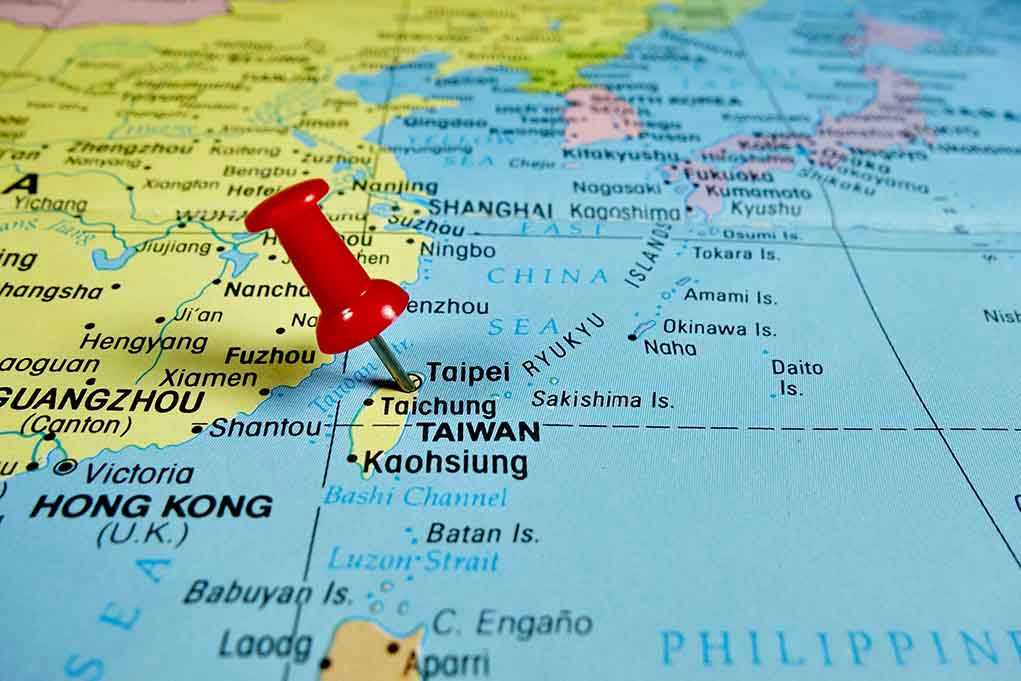
Taiwan’s biggest-ever Han Kuang war games have launched, but while the island trains for survival against Chinese aggression, American readers are left asking why our own leaders can’t seem to protect our borders or prioritize our national sovereignty with the same seriousness.
At a Glance
- Taiwan’s 2025 Han Kuang military drills are the largest and most realistic in the nation’s history, doubling in length to 10 days and mobilizing 22,000 reservists.
- Exercises focus on urban warfare, decentralized command, and countering “grey zone” tactics—directly incorporating lessons from the Ukraine conflict.
- China continues to escalate military pressure, conducting near-daily incursions and massive drills around the island.
- The U.S. is supplying Taiwan with advanced weaponry, but questions remain about Taiwan’s actual readiness and the effectiveness of reserve integration, even as the drills send a strong deterrent message to Beijing.
- While Taiwan scrambles to survive, American leaders continue to fumble with border security, putting U.S. national interests and safety on the back burner.
Taiwan Trains for Survival While U.S. Borders Remain Wide Open
Taiwan kicked off its largest and most intensive Han Kuang military drills on July 9, with the exercises set to run until July 18. These war games, first held in 1984 during martial law, have become an annual reminder of Taiwan’s precarious position on the global chessboard. This year, the stakes have never been higher. With China ramping up its threats—including near-daily military incursions and massive blockade simulations—Taiwan has doubled the length of its drills and is throwing everything it has into the fight, at least on paper. Over 22,000 reservists are being mobilized, up from 14,500 just last year. The drills are unscripted, scenario-driven, and designed to be as gritty and unpredictable as the real thing. Live-fire exercises featuring U.S.-supplied HIMARS rocket artillery and M1A2 Abrams tanks will put Taiwan’s new deterrent capabilities on display.
Yet, as Taiwan pours resources into defending its borders and sovereignty, many Americans can’t help but look at the chaos at our own southern border—the endless flow of illegal crossings, the surge in criminal aliens, and the staggering failure of leadership in Washington. When a tiny island nation under existential threat can mobilize tens of thousands of reservists and overhaul its defense strategy, what excuse do we have for the open-borders disaster in our own backyard?
China Tightens the Noose, Taiwan Raises the Stakes
China’s playbook is clear: escalate, intimidate, and wait for the West to blink. Since the inauguration of President Lai Ching-te, Beijing has only intensified its pressure campaign, with the People’s Liberation Army (PLA) conducting ever-larger exercises and simulated blockades around Taiwan. The message is as subtle as a sledgehammer: “We can take you whenever we want.” Taiwan’s response? Make invasion look as costly as possible. This year’s Han Kuang drills don’t just focus on conventional defense—they simulate “grey zone” harassment, urban combat, decentralized command, and rapid response to asymmetric threats. The opening days mimic the kind of hybrid warfare and chaos seen in Ukraine, with special forces securing infrastructure and missile units redeploying across the island. It’s a direct acknowledgment that the next war won’t be fought according to anyone’s script.
Contrast this with the United States, where the government seems content to pretend that border security is an afterthought. Despite a record-breaking influx of illegal crossings and criminal aliens roaming free in the interior, the focus in D.C. is on everything but the basics: sovereignty, safety, and the rule of law. If only our leaders took homeland defense as seriously as the Taiwanese do.
America’s Allies Harden Up—But Where’s Our Resolve?
The U.S. continues to act as Taiwan’s principal security partner, supplying advanced weapons, intelligence, and a heavy dose of political support. That’s all well and good, but while we’re busy arming allies abroad, Americans are left wondering—who’s defending our own backyard? The cost of Taiwan’s mobilization and modernization is steep, but its leaders see it as a matter of national survival. The drills aim to reassure the public, deter China, and shore up the government’s legitimacy. In short, Taiwan’s government is doing what a government is supposed to do: protect its people and its sovereignty.
Meanwhile, back home, we’re treated to endless lectures about “compassion,” “equity,” and the supposed benefits of unchecked migration, while our own neighborhoods bear the brunt of crime, drugs, and chaos. The American taxpayer foots the bill for policies that protect everyone but the citizen. The contrast couldn’t be more stark: a government willing to fight tooth and nail for its existence versus one that seems determined to erode its own foundations. If only Washington could learn a thing or two from Taipei about the meaning of national duty and the consequences of neglect.




